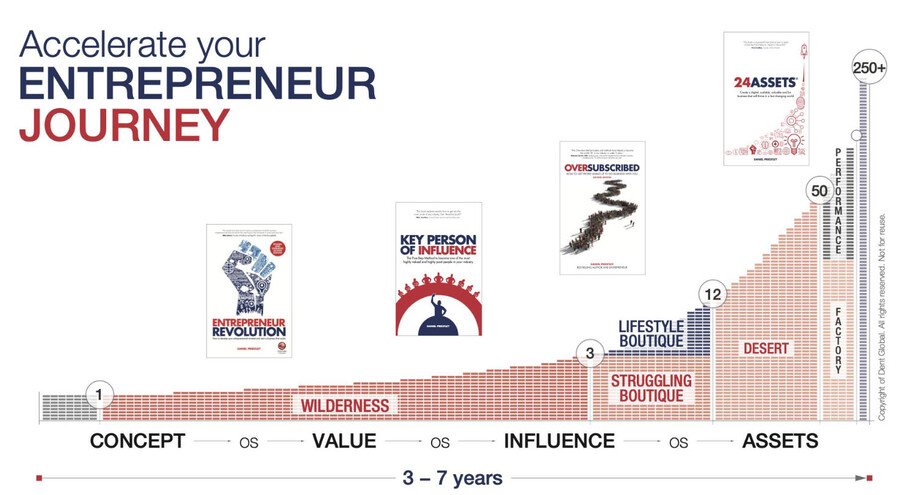 We live in strange times, from Brexit to Pandemic, and a cost of living crisis exacerbated by a war in Europe.
We live in strange times, from Brexit to Pandemic, and a cost of living crisis exacerbated by a war in Europe.
But one of the biggest changes has been to our working habits and patterns, aka flexible working.
The concept is fantastic, flexible work patterns that allow you to fit work around your lifestyle and circumstances, rather than a traditional 9-5 office location. It gives huge opportunities for working parents, can increase well being and morale, productivity, reduce business costs and take cars off the road and reduce pollution. It sounds win win, or so it should be.
Ok, if you drive the number 5 bus, perform brain surgery or work in Tescos, then flexible working options may be limited, beyond varied working hours or shifts. But for those driving a laptop and using a phone, then the world of work has dramatically changed.
The buzzword of the moment is hybrid working, meaning a combination of working from home, with an expectation that you will work from an office one to two days a week. I've been a fan and advocated flexible working for a long time, and prophesied that once millennials started reaching middle management and beyond in suitable numbers, this form of working would be embraced and gradually rolled out.
So what's the problem?
- It happened overnight, we had a worldwide pandemic and were all told to work from home, with businesses desperately trying to adapt and enable their employees to remain productive. Some did an incredible job, others more lacklustre.
- Employees found themselves free from the constraints and discipline of the office, with no travel costs so a relative pay rise. For a lot of people, this meant less work and more money.
- We weren't mentally prepared to move to a fully flexible workplace, trying to adapt old-fashioned concepts, to a new agile way of thinking. Who says you need to work 9 - 5 if you can do your job from a remote location.
- Organisations have become incredibly inefficient, hiding behind Covid era excuses for lack of customer service, poor response times. Think Passport Office or DVLA to name a couple. Access to secure internal systems isn't available or correctly configured for a lot employees, limiting their effectiveness and requiring them to transfer queries to the few colleagues who are office-based.
- HR teams are struggling to comprehend the new way of working, implementing daft policies such as forcing workers to come to the office a day week and sit in hotdesk environments, to comply with mental health guidelines. In reality, employees end up forced to travel to work to then sit at a temporary desk amongst unfamiliar colleagues from a variety of departments they have no connection with, just to tick a corporate HR box.
Is there a solution?
A huge segment of the UK workforce has now had extensive experience of home working or elements of flexible working and knows what works and what doesn't work. They need to feed this back to their bosses, or bosses need to analyze the data.
- If you can't do 100% of your job from home, then you need to work from a location where you can. End of story.
This goes for all the civil servants working from home, as well as the smallest businesses to the largest corporations.
No more excuses, no more packing your kids off to school, then sat with your laptop on the sofa, with Loose Women on the TV. Then hiding behind the disclaimer that staff are having to work remotely and there may be a delay in getting a response.
Flexible working is a powerful tool - if done correctly
The days of someone saying we need to work from 9 - 5 are going to fade into history. This may have been a good idea when we all worked in factories, but with a flexible workforce, choosing to slot work around busy family schedules, we will move to a task-based model rather than 9 - 5.
For example, a lot of people (me included) live by a daily "to do" list. This may be working through a list of issues, a case load, or a set of daily requirements that comprises your normal job.
- Is there an expectation from your boss or peers that you will complete a percentage of your "to do" list during the working day before knocking off?
- Could this expectation be converted to a number of tasks that would be completed?
If the answer is yes, then you have just removed the need for the constraints of the traditional 9-5 working pattern. For child care reasons you may wish to start at 10, and finish at 14.30. Maybe you will work through your lunch. Maybe without the 30 minutes water cooler waffle about last nights East Enders, you will have been more productive and finished your tasks, than you would if sat in the office from 9-5. Alternatively, you might do a couple of hours in the evening when the kids have gone to bed.
There are going to be plenty of examples of workplaces that are required to operate traditional working hours, and the bus driver is never going to work from his living room. Well until the autonomous bus arrives in about 10 years. Then the bus driver is now retrained as a cognitive engineer working from his living room ![]()
Flexible working has shone a torch on a sea of endless opportunities, particularly for part-time workers, working parents or even those with disabilities. But you can't overlay new flexible working ideas over 20th-century working practices and mindsets. A lazy employee will be a lazy employee regardless of whether working from home or the office. Granted they may have more opportunity of being lazy at home, but it is up to managers and team leaders to measure and monitor performance. Something a task based economy lends itself to rather than an old fashioned 9-5 hours based economy.
- What do you think? Do you agree/disagree?
- What are your experiences of flexible working, positive or negative?


